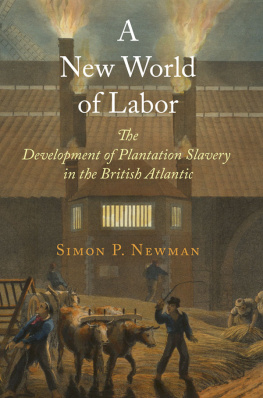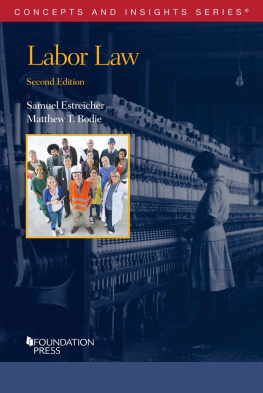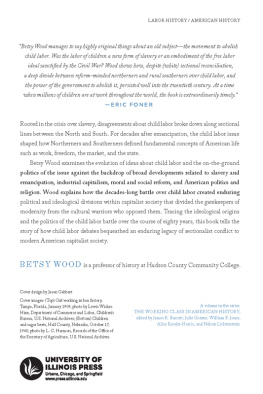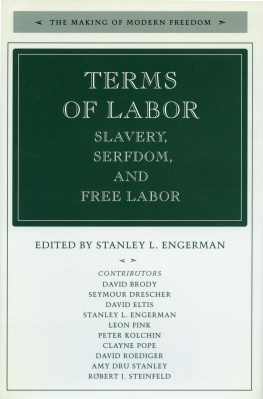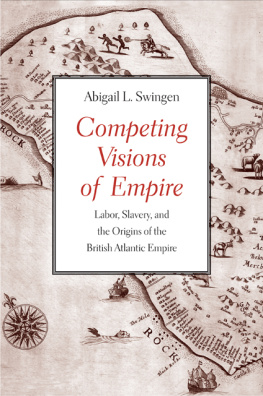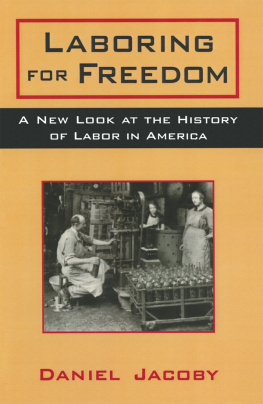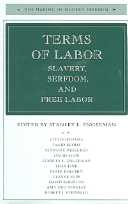Stanley Engerman - Terms of Labor: Slavery, Serfdom, and Free Labor (The Making of Modern Freedom)
Here you can read online Stanley Engerman - Terms of Labor: Slavery, Serfdom, and Free Labor (The Making of Modern Freedom) full text of the book (entire story) in english for free. Download pdf and epub, get meaning, cover and reviews about this ebook. year: 1999, publisher: Stanford University Press, genre: Politics. Description of the work, (preface) as well as reviews are available. Best literature library LitArk.com created for fans of good reading and offers a wide selection of genres:
Romance novel
Science fiction
Adventure
Detective
Science
History
Home and family
Prose
Art
Politics
Computer
Non-fiction
Religion
Business
Children
Humor
Choose a favorite category and find really read worthwhile books. Enjoy immersion in the world of imagination, feel the emotions of the characters or learn something new for yourself, make an fascinating discovery.

- Book:Terms of Labor: Slavery, Serfdom, and Free Labor (The Making of Modern Freedom)
- Author:
- Publisher:Stanford University Press
- Genre:
- Year:1999
- Rating:5 / 5
- Favourites:Add to favourites
- Your mark:
Terms of Labor: Slavery, Serfdom, and Free Labor (The Making of Modern Freedom): summary, description and annotation
We offer to read an annotation, description, summary or preface (depends on what the author of the book "Terms of Labor: Slavery, Serfdom, and Free Labor (The Making of Modern Freedom)" wrote himself). If you haven't found the necessary information about the book — write in the comments, we will try to find it.
Stanley Engerman: author's other books
Who wrote Terms of Labor: Slavery, Serfdom, and Free Labor (The Making of Modern Freedom)? Find out the surname, the name of the author of the book and a list of all author's works by series.

